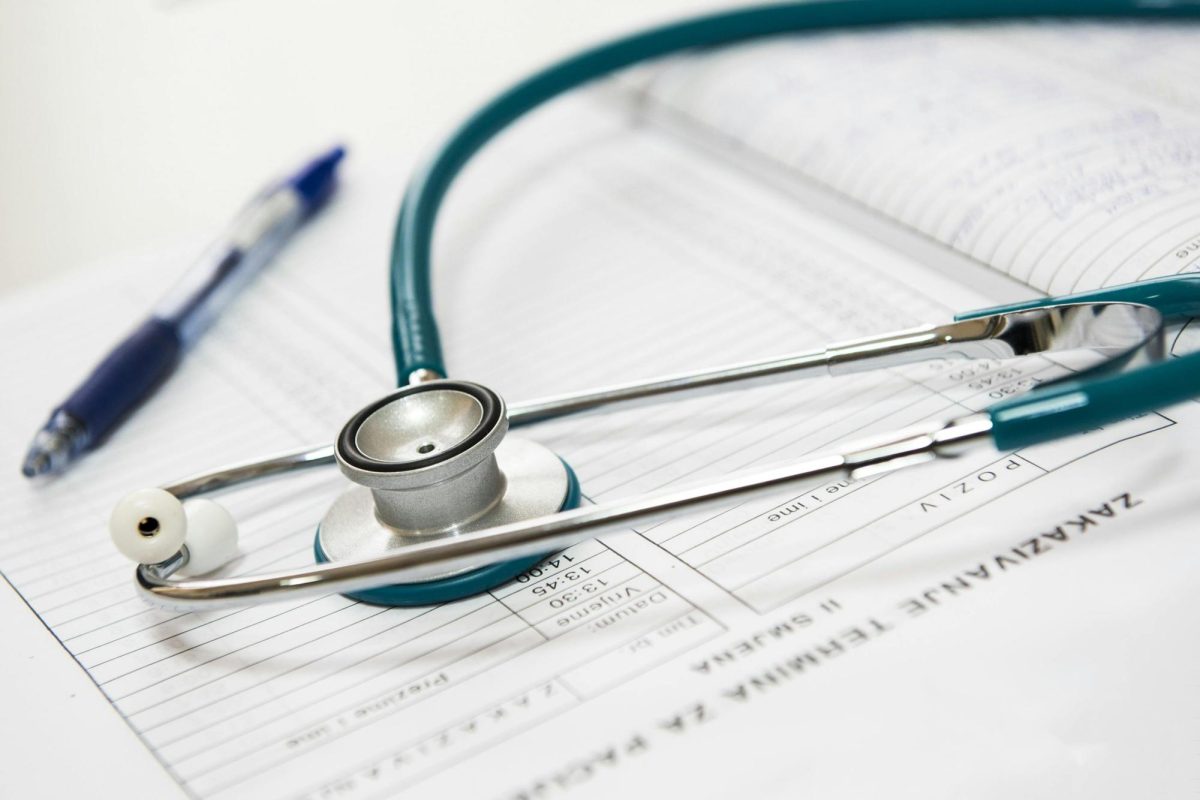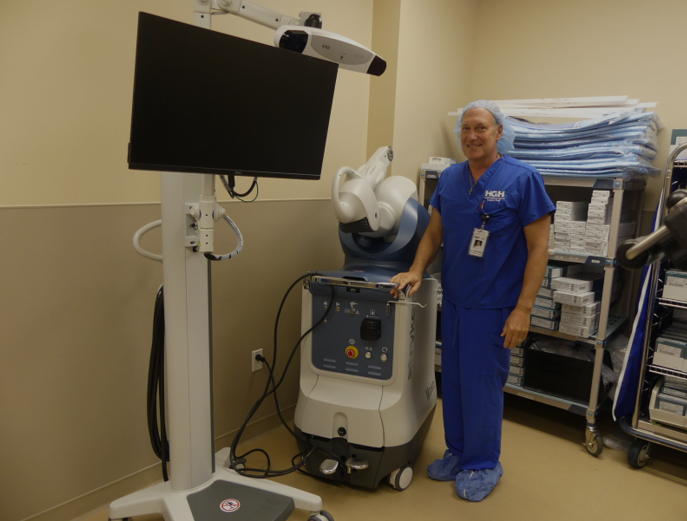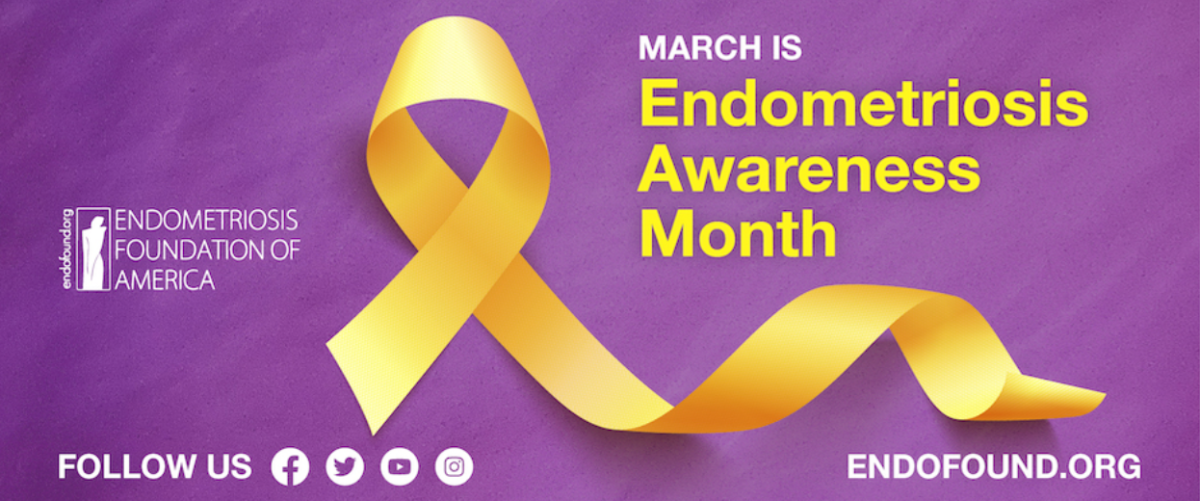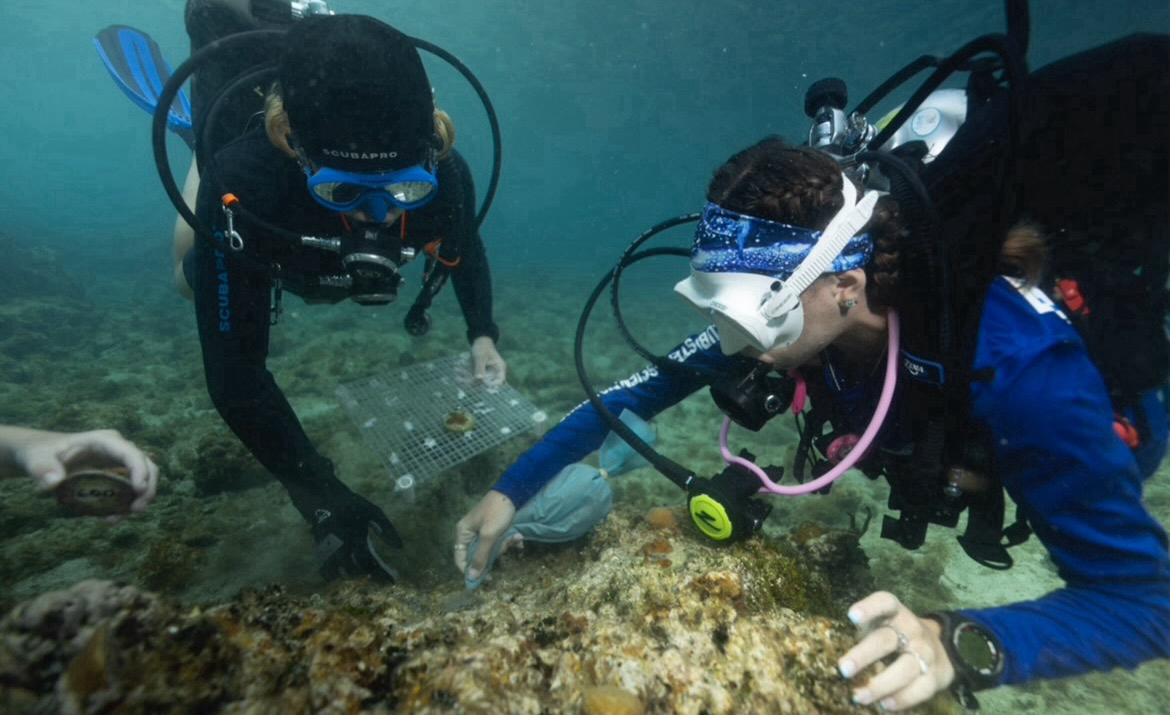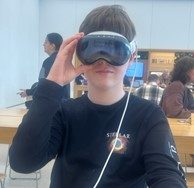Automatic sliding doors blast a concentrated smell of hand sanitizer and icy air throughout each elevator and waiting room. Coughing, hacking, and wheezing greet most who walk in. Magazines are stacked neatly on tables, waiting for a handful of children to ponder through the pages. The clicking of small keys can be heard over the ring of phones from the receptionist’s office. The smell of gum and concentrated coffee meanders all around the lobby, as another child with a nosebleed stumbles through the shiny doors. A sterile atmosphere characterizes the beige and white walls and floors, all of which the harsh white light reflects upon, illuminating the sparkle from last night’s mopping. People of all ages lumber in, their current conditions plastered upon their faces. This was the everyday work atmosphere for most nurses. With the sudden introduction of COVID-19, many nurses now face a different harsh reality.
Across the nation, healthcare workers have experienced the detrimental effects of the virus. A study published in the International Journal of Emergency Medicine found that “frontline healthcare workers (HCWs) face a substantially higher risk of infection and death due to excessive COVID-19 exposure. ” Many affected by the virus or working first-hand with infected patients have had to alter their routines to accommodate the mental toll coronavirus has taken upon them. Some workers feel their hospital is taking the necessary steps to keep them safe, while others are skeptical for not only their wellbeing but others constantly.
Tonya Jones, an Executive Director for Kindred at Home of four years and a registered nurse for 26 years, says the coronavirus has completely altered the reality of her job. Working 12 hours a day, the pre-start of her shift consists of thorough temperature and COVID-19 symptom checks. Next she calls her patients to see if they passed their temperature and symptoms check, and lastly she gets into PPE–personal protective equipment. She states, “ …they have to get into all PPE…and it takes a while for them to make sure they have the appropriate equipment…it takes up probably another 30 to 45 minutes at the start of the day.”
Jones’ passion for the healthcare field began in high school, so she has experienced a series of fluctuations throughout her tenure, but she exclaims that the coronavirus has emphasized how fundamental the care she gives is to each patient. Taking into consideration her workplace is following all CDC guidelines and she is extensively informed on what she needs to do to protect herself, Jones feels safe coming to work every day. Unfortunately, this is not the case for everyone.
Hope Haskin, a nurse practitioner for 16 years, has experience in various medical settings, including case management, clinical provision, home health provision, and recently telehealth. Being a diabetic, she hasn’t been able to stay in the field with other nurses which has taken a large toll on her mental health and how external schedule is run. Due to COVID-19, her mental health has spiked in an unnerving direction. She now has to take an anxiety pill each day as she states she has pretty bad nerves. Haskin states, “ My mental health is maintaining… with medication.” She says the virus, in combination with major issues affecting the nation right now such as systemic racism, poverty, and people losing their jobs, is a lot to deal with mentally. “ You want to help people, but you can’t be the answer, you can’t do everything.” Haskin now ranks her mental state at a 5 versus a 10, which it ranked in previous years. “ There’s just so much going on, and I wish I could change it, but I can’t.” Her biggest hope at the moment is God, who she firmly trusts will never lead her in the wrong direction. Amid everything happening all at once, she urges people to be more proactive as “lots of people are hurting right now”. Many people are being affected in so many different areas of their life, so her best advice is for people to help one another in the best way they can. “It’s just being there in any capacity, you may not be there financially but you can be there spiritually, mentally, or emotionally… everything won’t always be like this.”
In regards to the programs hospitals have put into place for healthcare staff and patients, both nurses feel standard mental care depends solely upon location, despite many saying all hospitals should have implemented proper programs due to the pandemic’s effects. In Atlanta, Haskin states the mental health program her workplace has imposed for staff is not very beneficial and not to the point where it should be, especially during this time. Meanwhile, at the two clinics her sister oversees at Grady Health, a central hospital in Atlanta, GA, she feels their medical service to patients is exceptional, as they truly show a sense of empathy and genuine help towards anyone who needs services. Jones’ workplace, also located in Atlanta, provides a great system for supporting the mental health of staff and patients, as she states, “ there is a support system that will allow staff to have counseling sessions through our EPAs, and a lot of times employees will have to use those things because not only has the pandemic affected them in healthcare but the pandemic has affected them in their personal lives.”
Though the coronavirus has presented a challenge in the lives of many people, Haskin and Jones both agree that the coronavirus has positively changed their perspective. Both women feel that COVID-19 has increased their love for their job because they realize how much everyday people depend on them which makes the reward so much greater. Even out of the workplace, both nurses make more of an effort to follow strict guidelines of the CDC and be more conscious about creating a sanitary space for not only themselves but other people. Haskin says it’s the small things like ensuring she brings sanitizer everywhere she goes, which have reshaped her views on how important safety is at this time. Jones’ staff are “more apprehensive but just as committed to their duties”, in their consistent efforts to protect everyone and their families.
COVID-19 has changed everyone’s perspective on how they abide by rules to ensure sanitary environments are maintained. At the front of the mandating is our healthcare workers, who are struggling in the same conditions everyday people do. Take a moment to thank workers around you, and take the time to just listen to people, because sometimes the things that seem like an inch to us, others may take as a mile.


